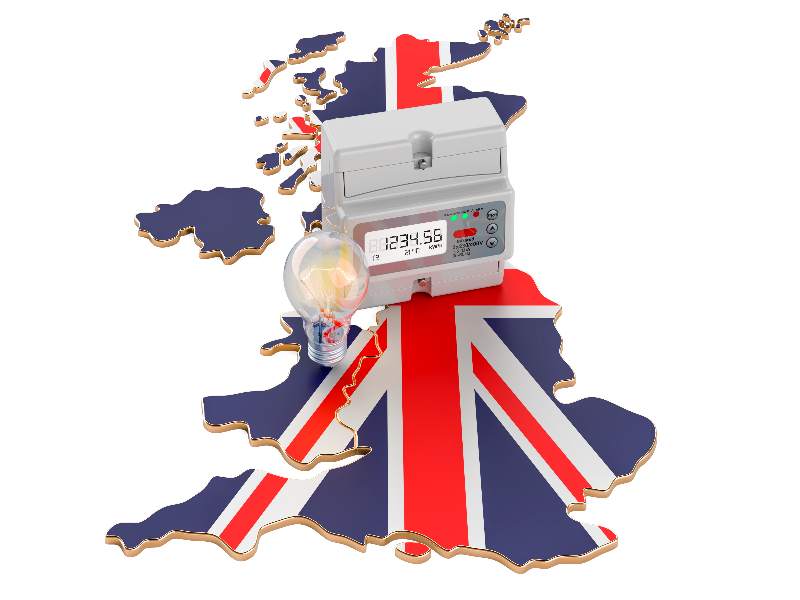UK energy supplier Octopus Energy is announcing a new energy reduction and flexibility scheme while calling to end the prospect of electricity blackouts.
 Image: 123rf
Image: 123rf
‘Saving Sessions’, as the new scheme is called, will allow Octopus’ 1.4 million smart meter customers and around 5,000 of its business customers to reduce their usage during times of peak demand and get paid to do so.
For every unit of energy customers save compared to their normal usage during a specific timeframe, Octopus expects to pay customers £4 ($4) on average, potentially saving customers around £100 ($110) over the course of the winter. The scheme will run between November 2022 and March 2023.
The scheme is enabled by a new flexibility service National Grid ESO is launching this winter, which gives all UK energy suppliers the option to financially reward customers who reduce their electricity usage during times of peak demand.
According to Octopus Energy, the service, which aims to help balance the grid and lower the UK’s dependence on gas, is the largest of its kind in the world.
The service has been tested in the UK already. Between February and March 2022, together with National Grid ESO, Octopus ran the country’s largest household flexibility trial, with over 100,000 of Octopus’ smart meter customers signing up.
The trial proved that households will use less energy at times of high demand for relatively small financial incentives. Customers were emailed and texted in advance to let them know the two-hour slot to ‘turn down’.
During the evening peak, participants reduced their consumption on average by 0.7kWh. The average saving for households per trial window was £0.23 ($0.25), with some participants saving up to £4.35 ($4.79) per ‘turn down’ event. In total, customers shifted 197MWh out of times of peak demand.
Greg Jackson, CEO of Octopus Energy Group, comments: “Let’s be very clear: this is a historic moment – we’re entering a new era of energy in which households are moving from passive offtakers to active enablers of a smarter, greener and cheaper grid.
“Instead of cutting off whole chunks of the country if we are short of gas, we can reward people for using less energy at times of peak demand. We were the first energy supplier to offer this service to our customers, and we hope others will follow our lead. By doing so, we can make blackouts a thing of the past, and bring costs down for everyone.”
